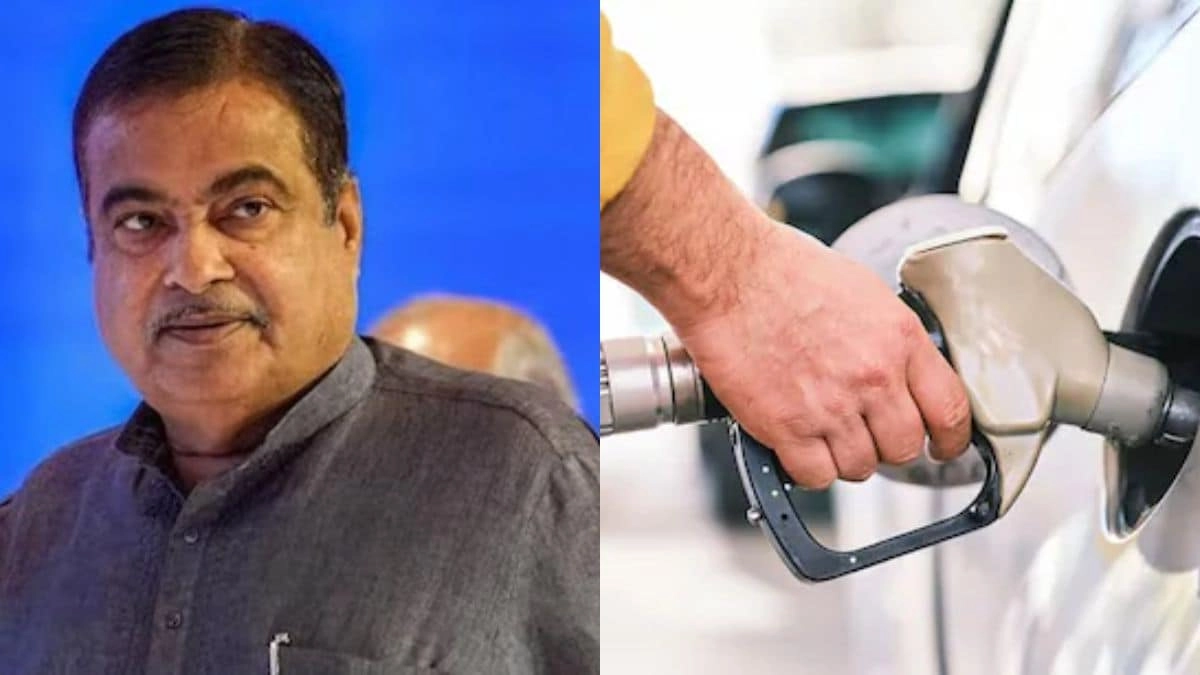In a significant diplomatic development, former President Donald Trump and Russian President Vladimir Putin engaged in a lengthy phone conversation that lasted over two hours, focusing primarily on the ongoing conflict between Russia and Ukraine. This call comes at a time when geopolitical tensions are high, and the war has resulted in substantial human suffering and economic instability across the region. Both leaders acknowledged the urgency of finding a resolution to the conflict, which has claimed thousands of lives and displaced millions since its escalation.
During the conversation, Trump emphasized the importance of direct dialogue and negotiation as key components in resolving the crisis. He proposed that both nations could benefit from a peaceful settlement, which would not only restore stability in Eastern Europe but also pave the way for improved relations between the United States and Russia. This marked a notable moment, as Trump’s approach to foreign policy has often been characterized by a willingness to engage with adversaries directly, rather than relying solely on sanctions or military interventions.
Putin, for his part, expressed a willingness to explore potential avenues for peace, although he maintained a firm stance on Russia’s strategic interests in the region. The discussions touched on various proposals, including a potential ceasefire and the need for humanitarian assistance to those affected by the war. Both leaders recognized that a collaborative effort would be essential to address the complex dynamics at play, including the role of NATO and other international actors in the conflict.
As the conversation concluded, both Trump and Putin acknowledged the challenges ahead but remained hopeful that continued dialogue could lead to a breakthrough. The phone call underscores the importance of high-level communication in navigating international crises and highlights the potential for diplomacy to play a pivotal role in resolving conflicts. In an era marked by division and hostility, this engagement could signal a shift towards more constructive interactions between world leaders, fostering an environment where peace talks can flourish.
In the aftermath of the call, analysts are keenly observing the reactions from both the international community and domestic political spheres. The implications of such discussions could reverberate beyond just the Russia-Ukraine conflict, influencing global diplomatic relations and shaping future policy decisions. As the world watches, the focus now turns to whether this conversation will lead to tangible steps towards peace or if it will remain another instance of rhetoric without action in the complex arena of international politics.




